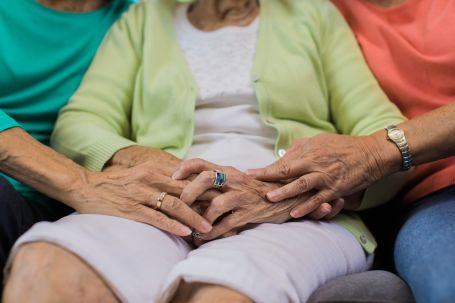Home Health Care Solutions in West Lawn and Reading, PA
Comfort Keepers provides home health care solutions to families in West Lawn, Reading, and Berks County, PA
At Comfort Keepers Home Care, we pride ourselves on providing senior home health care solutions and being a resource to you and your family in all ways. Over the years, we have come to know and trust many professionals in the Berks County and Reading, PA, areas that help the aging community with their needs.
To discuss your needs more specifically, please call (610) 678-8000. We’re here to help and connect you to beneficial resources.
| Alzheimer’s Association Alzheimer’s information & resources (800) 272-3900 https://www.alz.org/delval |  |
| Berks Co. Area Agency on Aging Primary contact for aging issues (610) 478-6500 https://www.berkspa.gov/departments/aging |  |
| Berks Co. Veteran Affairs Benefits for veterans & their spouse/widow (610) 378-5601 https://www.berkspa.gov/departments/veterans-affairs |  |
| Berks Encore Services & programs for older adults, including meals on wheels (610) 374-3195 https://berksencore.org/ |  |
| Vision Resource Center Services & resources for those with vision issues (610) 375-8407 https://vrcberks.org/ |  |
| Keystone Deaf & Hard of Hearing Services Services & resources for deaf and hard of hearing individuals (610) 685-4520 https://kdhhs.net/ |  |













